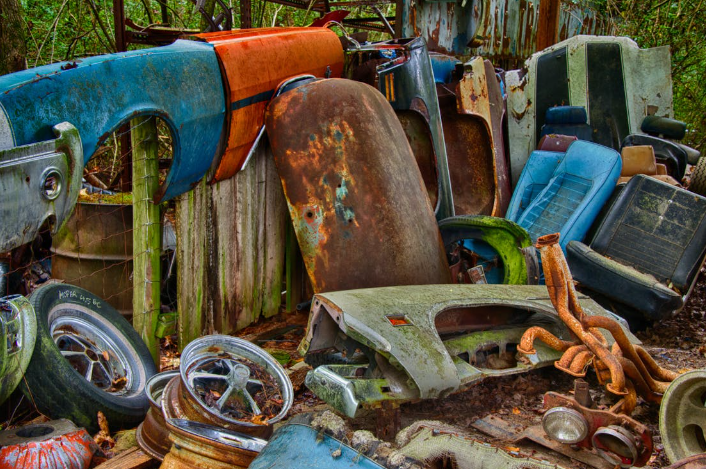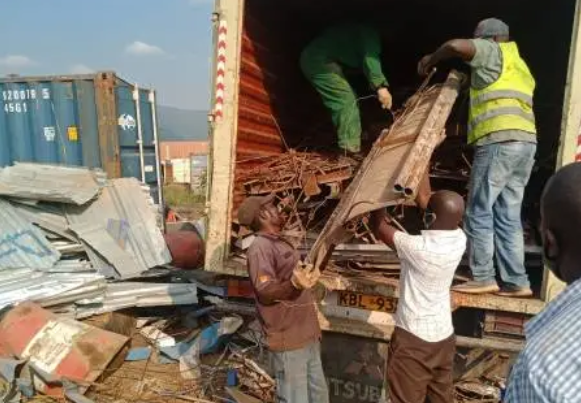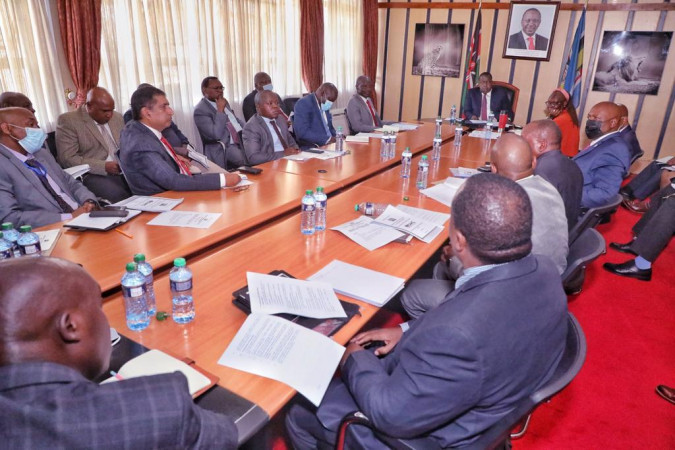Impose stricter curbs on scrap metal exports

Kenya’s scrap metal export industry urgently needs reform, and a total ban on exports of specific metals like copper would be an essential first step.
Kenya Power and Lighting Company (KPLC) and other critical infrastructure players have consistently raised concerns about the high vandalism rates, particularly targeting copper power cables and other key installations.
This is a significant issue, as it compromises Kenya’s electrical grid and the safety, economic stability, and security of communities throughout the country. To protect these critical assets, a complete ban on the export of scrap metals is not only justifiable but necessary.
The export-driven demand for scrap metal has fuelled an illegal economy where infrastructure vandalism has become rampant. Though Kenya does not produce copper, the country exported copper waste worth Sh6.7 billion in 2023 alone. The numbers reveal a worrying trend: not only does Kenya not produce copper, but the export values signal significant theft from infrastructure.
The illegal practice has left KPLC and other companies suffering millions in losses from stolen cables that had to be replaced disrupted services, and heightened repair costs. For KPLC alone, the scale of this financial drain is staggering and leads to indirect costs such as increased tariffs, which are ultimately borne by consumers.
Beyond just economic impacts, these thefts endanger lives. For instance, compromised electrical lines pose the threat of electrocution to unsuspecting pedestrians or repair teams. Additionally, damaged power lines cause power outages, which can disrupt business operations and lead to potential losses in revenue, particularly for industries heavily dependent on a stable power supply. Kenya’s manufacturing and small-business sectors, which already face challenges accessing consistent electricity, are further hampered by these disruptions.
While the government has implemented several measures to control the scrap metal industry, including licensing requirements and stiffer penalties, enforcement has been inconsistent, and the financial incentives of the illegal copper market remain attractive.
This is why banning the export of scrap metals like copper would help close a major loophole. Countries like South Africa imposed strict controls on scrap metal exports to reduce infrastructure vandalism.
With stricter penalties and a well-regulated local market, authorities could focus on recycling and proper disposal of scrap metal domestically, creating local opportunities for industry growth without the export market’s temptation.













